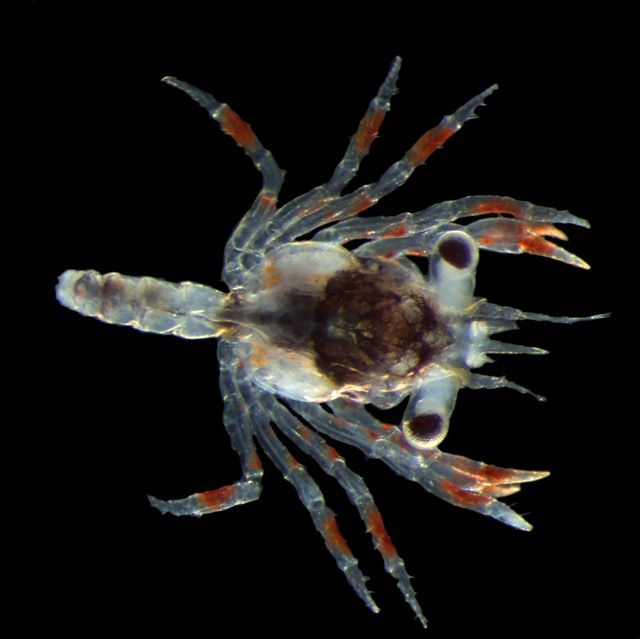Oceans acidifying much faster than ever before in Earth’s history
Dipl.-Ing. Margarete Pauls, Communications Department
Alfred-Wegener-Institut für Polar- und Meeresforschung
27.09.2010 11:16 Conference: More than 200 scientists from all over Europe discuss increasing ocean acidification For four days the topic of ocean acidification will be the focus of marine and polar research. The Alfred Wegener Institute for Polar and Marine Research in the Hemholtz Association is hosting the conference and expects more than 200 scientists from all over Europe at the Conference Center Bremerhaven. The greenhouse gas carbon dioxide not only leads to global climate warming, but also to increasing acidification of the oceans. Next week scientists will discuss the most recent results on ocean acidification at the first joint meeting of the three large coordinated projects, EPOCA (European Project on Ocean Acidification), the German project BIOACID (Biological Impacts of Ocean ACIDification) and UK project UKOARP (UK Ocean Acidification Research Program). The oceans take up about a third of the carbon dioxide (CO2) produced by the combustion of fossil fuel every year. When carbon dioxide dissolves in seawater, carbonic acid forms and the acidity (pH value) of the water decreases. Since the beginning of industrialisation the CO2 absorbed by the sea has led to an increase in surface ocean acidity by 30 percent. As a consequence, the concentration of carbonate ions in seawater is declining. Many marine organisms such as calcareous algae, mussels and snails have difficulties in forming their shells or skeletons. As a result of this, entire ecosystems such as coral reefs may be affected. … “Those who understand the language of sediments will be able to examine the evolution of the environment and climate conditions in the Earth’s history there,” says Prof. Jelle Bijma, marine biogeoscientist at the Alfred Wegener Institute. Ocean acidification events have left their “fingerprints” in the sediment at different places in the Earth’s history, such as during the transition from the Permian to the Triassic period 251 million years and during the Palaeocene/Eocene transition 55 million years ago. However, acidification in the past was always triggered by natural events. “Nowadays it is caused by the immense release of carbon dioxide due to human activity and the sea is less and less able to buffer these disruptions,” states Bijma. Furthermore, he adds, we have to realise that acidification events are almost always accompanied by global warming, increased stratification of the oceans and a reduction in the oxygen concentration of the deep sea. “It is not the first time in the history of the Earth that the oceans have acidified, but a disturbing aspect now is that it is occurring much faster than ever before. As a consequence, not only the pH value drops, but the saturation state of the oceans with respect to carbonate falls as well. Times are tough, especially for calcifying organisms,” Bijma claims. Scientists will continue to investigate how various calcium carbonate-producing marine organisms react to acidification and why their reactions vary and discuss their thoughts on this topic at the conference in Bremerhaven. …
Oceans acidify much faster than ever before in Earth’s history via Ocean Acidification
